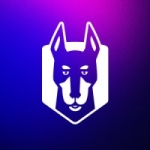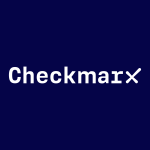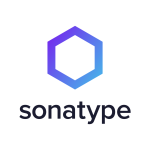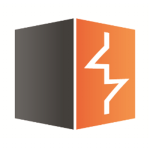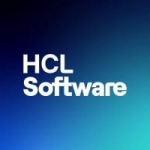What is our primary use case?
It is mainly used as part of the CI/CD pipeline through Azure DevOps and Jenkins to do static code analysis.
We have the enterprise version. In terms of deployment, on-premise is the best description because they have their own cloud, but it is not a real cloud. It is like VMware.
How has it helped my organization?
In some instances, the project stakeholders were able to implement quality gate control for code coverage, security alerts, and things like that. It greatly improved the quality of the product. If our test code coverage is 80% and a person commits a change that brings the code coverage to below 80%, that code cannot be merged. We've been able to improve the quality of the products that we produce by using SonarQube. We are using it as a gate.
It is a great tool in a situation where you have a dynamic team, and you sometimes hire staff or subcontractors from other companies. It provided us with the ability to implement quality gates in our project. We could look at the data and see which developers were producing quality code and which developers were not too worried about the quality. It helped us out with our junior devs. I know of a few cases where having this system helped our junior devs in taking their skills one level up because we had set up a hard quality gate.
What is most valuable?
My focus is mainly on the DevOps pipeline side of things, and from my perspective, the ease of use and configuration is valuable. It is pretty straightforward to take a deployment pipeline or CI/CD pipeline and integrate SonarQube into it.
What needs improvement?
A little bit more emphasis on security and a bit more security scanning features would be nice.
It would also be nice if the discrepancy between the basic or free version and the enterprise version was less. In my opinion, some of the base functionality in the enterprise version should be in the basic version.
Currently, we have static code scanning, and we have the scanning of the Docker containers. It would be great if some sort of penetration testing could easily be implemented in SonarQube for deploying something and doing some basic security scans. Currently, we have to use third-party tools for that. If everything was all under one roof, it would be more comfortable, but I don't know if it is possible or feasible. It is a typical issue of centralization versus distribution. In our particular case, because we're using SonarQube for almost every other project, it would make sense, but that doesn't necessarily mean that it is the same case with everybody else.
For how long have I used the solution?
I have been using this solution for four years in my current job.
What do I think about the stability of the solution?
I don't think I ever had a problem.
What do I think about the scalability of the solution?
We haven't reached a point where it is anywhere near saturation. We haven't scaled it yet, and I don't know if it will ever happen. The way it is implemented right now is more than enough for what we need.
We have used it in almost all projects of our client. It is a part of their process. It is used extensively, and it will be used for any future work that they might have where they develop any code that can be analyzed with SonarQube.
We probably have 30 or 40 users. Their roles are developer team leads, developers, and DevOps people. These are the three roles of people who use it on a daily basis and look at the reports and work with the system. At some point, the data might be shown to the actual client or somebody else.
How are customer service and support?
I've never been in a situation where I needed their support.
Which solution did I use previously and why did I switch?
I don't think that we used anything else previously. SonarQube was the first one.
How was the initial setup?
It was straightforward. I wasn't technically involved in the deployment of SonarQube, but as far as I know, it was a matter of a few days.
What about the implementation team?
We probably just bought the license and did it ourselves. For its deployment and maintenance, we don't have a dedicated person. It is one of the many systems that our internal IT team manages.
What was our ROI?
I don't have that data. I don't think that we've ever calculated that.
What's my experience with pricing, setup cost, and licensing?
My guess is that we have a yearly subscription. We use it quite extensively, so a monthly license wouldn't make sense. Yearly subscriptions are usually cheaper.
In addition to the standard licensing fee, there is just the cost of running the hardware where it is hosted.
What other advice do I have?
It is pretty straightforward, but if you don't intend to use it as a gate, it would just be a waste of time. You should invest in implementing such tools only when you have a clear understanding of how their results are going to be a part of a business process.
I would rate it a 10 out of 10. I've never had any kind of problems with it. I have some products because of which I have had a bad day, but I never had a bad day because of it.
Which deployment model are you using for this solution?
On-premises
Disclosure: I am a real user, and this review is based on my own experience and opinions.





